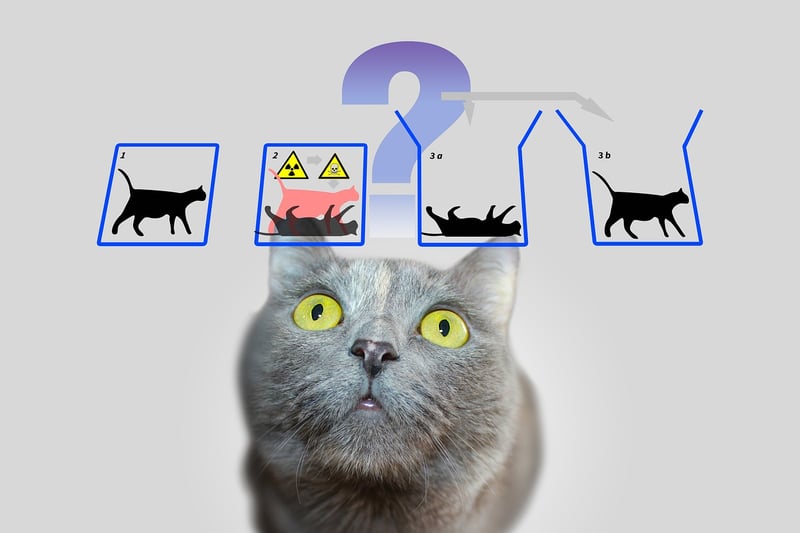Temporal Paradoxes
The Science Behind Time Travel and Temporal Paradoxes
Time travel has long been a fascinating concept in science fiction, but is it possible in reality? Let's delve into the science behind time travel and explore the intriguing concept of temporal paradoxes.
Understanding Time Travel
According to the theory of relativity proposed by Albert Einstein, time is not a constant and can be influenced by gravity and speed. This theory forms the basis for the possibility of time travel.
One of the most discussed methods of time travel is through wormholes. Wormholes are theoretical passages through spacetime that could create shortcuts for long journeys across the universe and potentially allow for time travel.
Temporal Paradoxes
Temporal paradoxes are situations that arise when the past is changed in a way that is inconsistent with the present. One famous example is the grandfather paradox, where a time traveler goes back in time and prevents their grandparents from meeting, thus preventing their own birth.
Another paradox is the bootstrap paradox, where an object or information exists without having been created. This paradox raises questions about causality and the origins of events.
Conclusion
While the concept of time travel is intriguing, it remains a topic of debate among scientists. The laws of physics, particularly causality, present significant challenges to the practicality of time travel.
Whether time travel will ever become a reality or remain confined to the realm of fiction is yet to be seen. But exploring the science behind it and the fascinating concept of temporal paradoxes continues to captivate the imagination of many.



